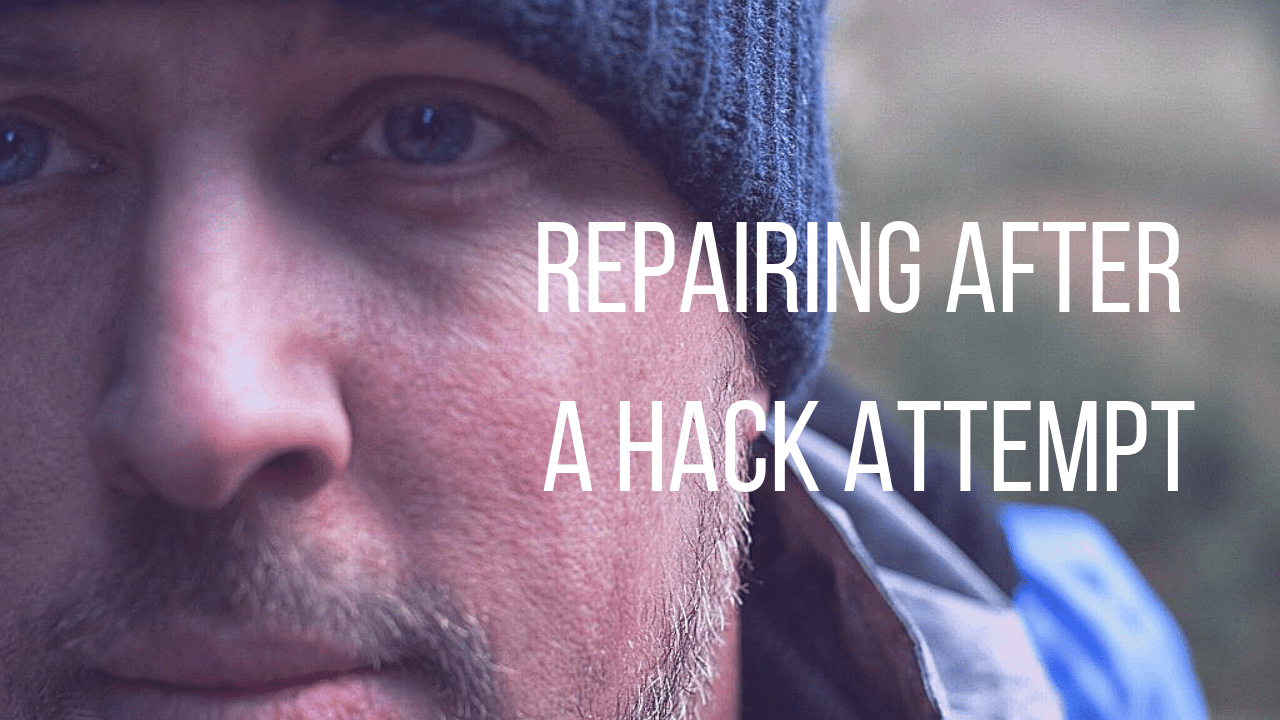Trust is essential for any kind of relationship to succeed. If you want your business to reach its peak potential, then you need to treat customers as if there’s a relationship between you and employees the asset that they are. But what happens when they need your help and you’re not sure what to do. Trust and money When money is involved, the relationship of trust usually takes on a different skew than you might be used to. This is when being able to trust your customer matters just as much as your customer being able to trust you. Especially if you’re selling through other payment means than cash and direct transfer. For instance, if you’re using invoices, then set the rules of paying by invoice right at the front. Sometimes it can be over an employee and their pay, especially if they are incapable of working. You may need to protect yourself from ACAS and sometimes make the call to the ESA on behalf of your employee. As for clients who pay by credit, the best way to maintain trust is to make sure that they’re able to stick to the agreement in the first place. You can use a credit control recruiter to get someone on your side to reassure you of that. Know your limits Businesses make promises. They make great promises. It’s all part of marketing, of selling the value of your business in the best possible light. But when marketing becomes lying, you start promising more than you can deliver. Not only can this damage a relationship to a client, but you might get exposed as a liar even if you never meant to do so. Keep yourself on the right side of caution. Set yourself goals and figure out what levels of work and progress is reasonable to expect from you on any given timeframe. Don’t overpromise and under-deliver. Instead, under-promise and surprise them when you do better than you expected. Pull back the curtain The corporate façade and your branding is a good way to give yourself the professional face you need and create an image that fits the wants of the market. But sometimes, it can create a bit of distance between consumer and business that can add just an extra little layer of mistrust. Don’t give them the chance to think that you’re hiding your face for any reason in particular. Consider pulling back the curtain and revealing your identity. One of the ways to do it that really benefits you is to start writing helpful content under your own name. It matches a face to the name, but it also builds your brand as an expert personally as well as in your business. Of course, maintaining a professional appearance is crucial, too. Keep communicating Nothing looks more suspicious than silence. If you’re leaving your website without updates or you’re neglecting your social media, it doesn’t make you look like an active professional. At best, it makes it look like you couldn’t be bothered to manage all the different aspects of your business. At worst, it looks like the accounts and the website are just a façade. Spend time communicating with customers every day. Reply to emails. Get on social media. Retweet, share, and answer the questions that they’re sending you. Make sure it’s clear that there are really people working to operate this machine from behind the scenes. Admit your mistakes It’s certainly uncomfortable, but sometimes you just need to hold up your hands and admit you did wrong. Perhaps you overpromised and under-delivered. Perhaps you have to scale back a certain offer of yours or even cancel a product entirely. When that happens, there’s little worse than radio silence. Yes, you might be in the firing line when you raise your white flag, but that’s not a death sentence. You can make it work for you if you’re able to show that you’re taking in the feedback by improving your services in the future. If you keep quiet on any problems, then people will gladly assume the worst. Trust is a complicated thin, affected by many different factors. It’s about being able to deliver what you say you can. It’s about keeping communications open and occasionally taking the hard step of admitting to mistakes. It’s also about holding others accountable. Fail to sustain trust in the other side of the relationship and it’s an easy way to lose money.]]>
- Corporate Dad
- Four Seasons Dad
- Four Seasons Golfer
Recent Posts
My 2020 Golf Course List so Far
14/12/2020Teaching my Daughter to Play Golf
30/04/2020
- Golf Course Reviews
Reviews
4.2 rating
4.2/5
3.5 rating
3.5/5
3.7 rating
3.7/5
3.8 rating
3.8/5
875
0
Golf Course Reviews
JCB Golf and Country Club Review
- 01/11/2021
- 6.6K views
3.8 rating
3.8/5
3.8 rating
3.8/5
3.8 rating
3.8/5
3.0 rating
3/5
3.2 rating
3.2/5
Social Links
Recent Posts
Health & Fitness






















Leave a Reply